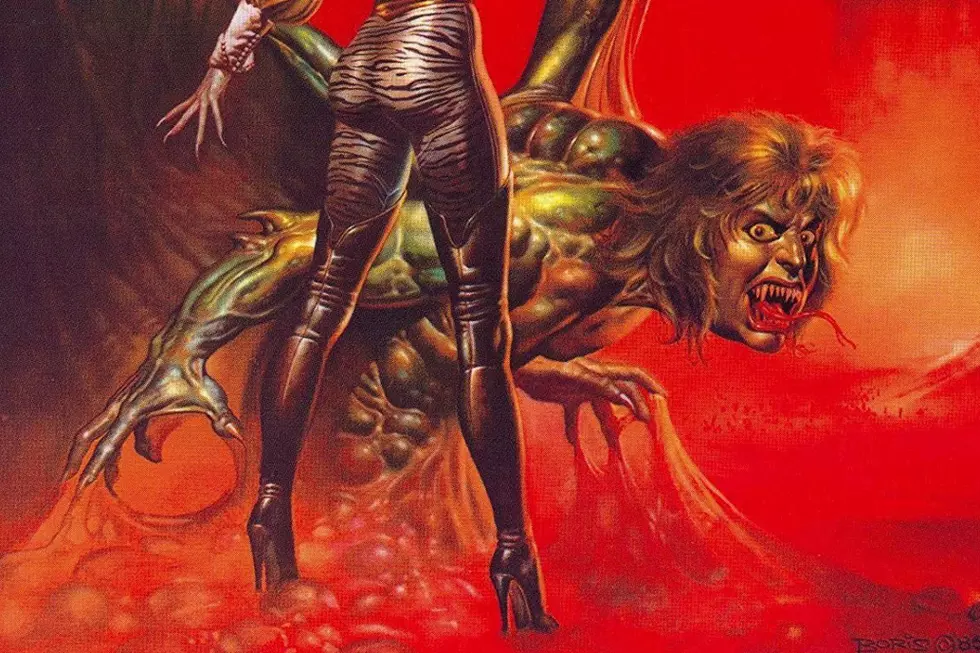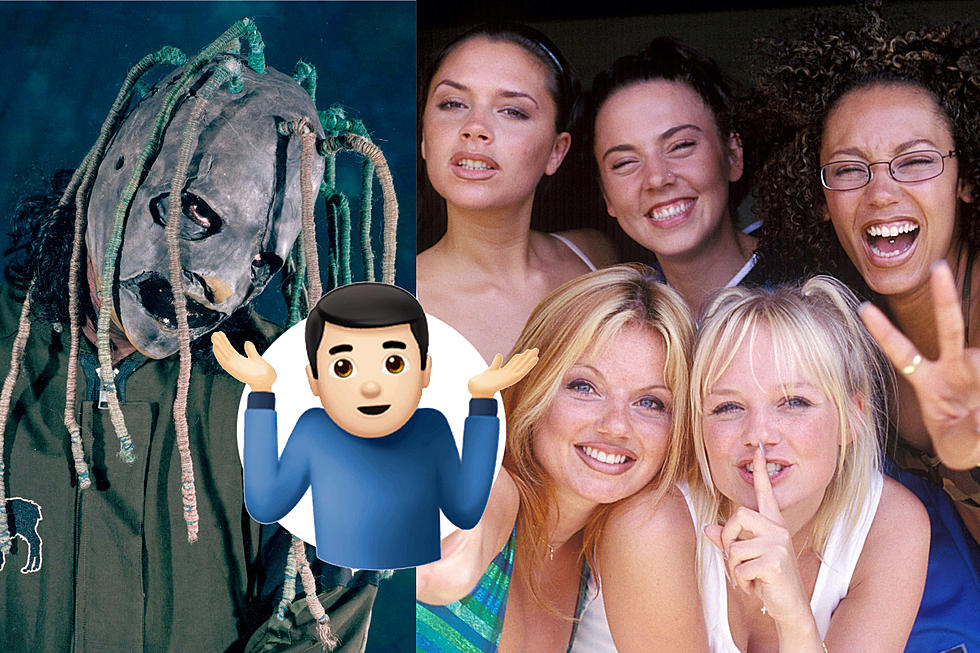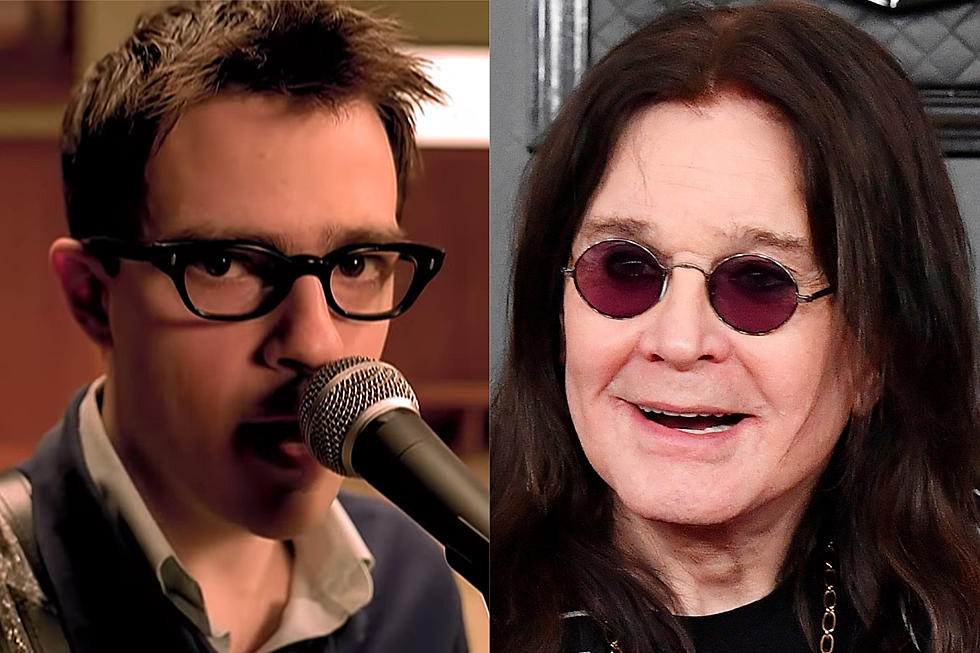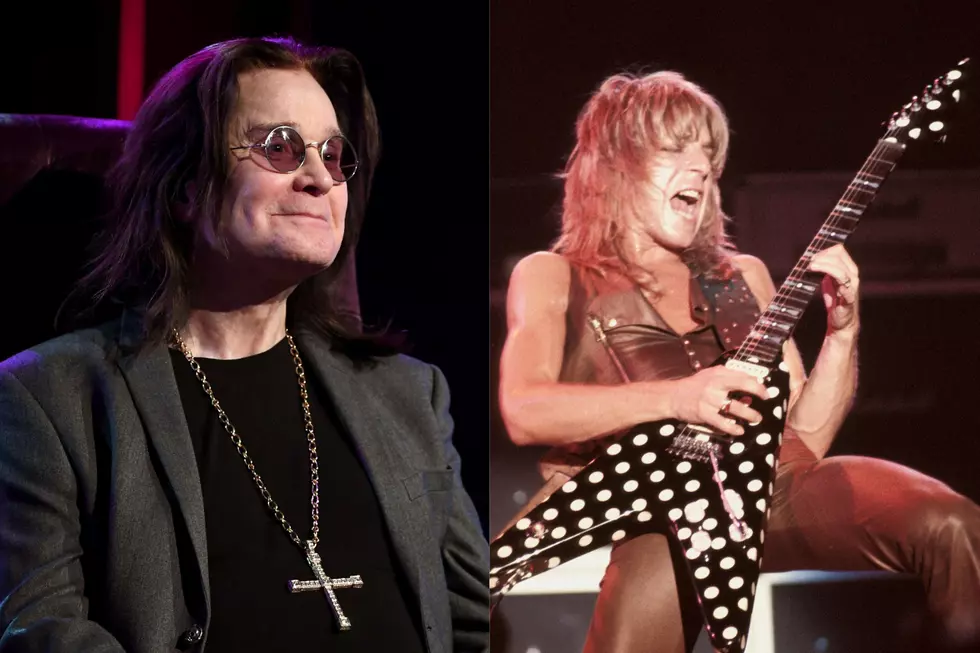
When Ozzy Osbourne Returned From Rehab With ‘The Ultimate Sin’
There's no rest for the wicked, not even the Prince of Darkness. Ozzy Osbourne learned that firsthand when he was faced with the prospect of recording an album shortly after finishing his 1985 rehab stint at the Betty Ford Clinic.
Osbourne, overweight and teetering on the edge of some truly serious health problems, was so out of it when his wife Sharon booked him into the Ford center that he later admitted he believed her when she told him it was "a club where they would teach me to drink like a gentleman" — and seeking to take advantage of that, he said he asked Ford herself where he could find the bar after checking in. He ultimately made it through the program and claimed to embrace a healthier lifestyle, but doing without drugs and alcohol posed its own set of problems.
"Everything becomes a pain in the arse when you're suffering from yesterday's drunk. So now after a show I'll have a couple of beers and that's about it. I want to quit drinking entirely. Part of the problem is that just as in Jacques Cousteau's business, where water comes with the territory, ditto for rock 'n' roll and drink," Osbourne claimed in conversation with Creem. Asked about songwriting while sober, he retorted: "I've tried. Nothing comes out. If I try and write straight, I can't fantasize. I need a drink to get the imagination working."
Adding to Osbourne's creative difficulties was a growing sense that he was being straightjacketed by his wild image in a genre that didn't allow for much in the way of musical experimentation. Although he'd had the freedom to explore a fair number of different lyrical themes during his days in Black Sabbath, as the '80s wore on, he felt increasing pressure to live down to the public's perception of him as a lunatic whose songs existed to give voice to its fan base's darker impulses.
"There's more interesting things than shoving your dick. We've all heard them, we've all got them and we've all done it; you get a shaking leg and you go to sleep. It's so fuckin' obvious," Osbourne complained in an interview with NME. "I like to do a song that two people will hear differently. I write two songs about nuclear disarmament, and everyone in America goes, 'So Ozzy, how come you've got serious?' I write a ballad, and everyone goes, 'What are you doing? You sound like ELO on acid.' It's really difficult working in heavy metal: if you do anything off the track, they jump on you like a pile of bricks."
Listen to Ozzy Osbourne Perform 'The Ultimate Sin'
Fortunately for Osbourne, bassist Bob Daisley and guitarist Jake E. Lee had been hard at work on a new set of songs while he was away, and they formed the basis of what would become his fourth solo effort, 1986's The Ultimate Sin. As tended to be the case in those days, however, the sessions were pockmarked with disagreements over songwriting — Lee, who later claimed he'd been cheated out of the credits he deserved on 1983's Bark at the Moon, told Ultimate Classic Rock that he demanded a revised contract before agreeing to contribute, and Daisley would leave the band during the sessions, forcing Osbourne to hire Phil Soussan to play his parts.
"I had co-written a lot of the music with Jake E. Lee in Palm Springs while Ozzy was in the Betty Ford Clinic there. All the vocal melodies were Ozzy's and most likely the song titles," Daisley recalled years later. "I was dismissed after a little tiff between Ozzy and me and then called back to write the lyrics for the album a month or so later, so things developed while I was gone."
Although Osbourne's music generally thrived in the turbulent atmosphere that tended to surround his life and work, it did few favors to The Ultimate Sin. Producer Ron Nevison kept the sound in step with the times, and the album hit new commercial heights for Osbourne after its release on Feb. 22, 1986, peaking at No. 6 and going platinum before the year was out, but it spawned only one hit single — the No. 10 rock track "Shot in the Dark" — and was generally regarded as one of his lesser efforts. "I'm glad I didn't play on that one; I think it's Ozzy's worst album," Daisley added. "Even he didn't like it and referred to it as The Ultimate Din."
Osbourne's dissatisfaction was reflected in a series of changes that took place in his band lineup over the years to come. Lee was unceremoniously terminated the following year after the Ultimate Sin tour ended, and Soussan — who had his own disagreement over songwriting credits with Osbourne — also exited, clearing the way for Daisley's return and the introduction of new guitarist Zakk Wylde. He'd continue to struggle with chemical dependency off and on over the ensuing years, but he'd also enjoy a measure of stability on subsequent solo efforts, and has tended to look back on The Ultimate Sin with open disdain.
"It's fair to say you can possibly find the worst song I've written on the Ultimate Sin album," Osbourne told Guitar Center. "I don't think anyone goes into the studio with the intention of making a bad record, but it was like 'Liberace takes acid' at that point."
Ozzy Osbourne's 10 Craziest TV Moments
Remembering Guitarist Randy Rhoads
More From KLUB Tejano 106.9










